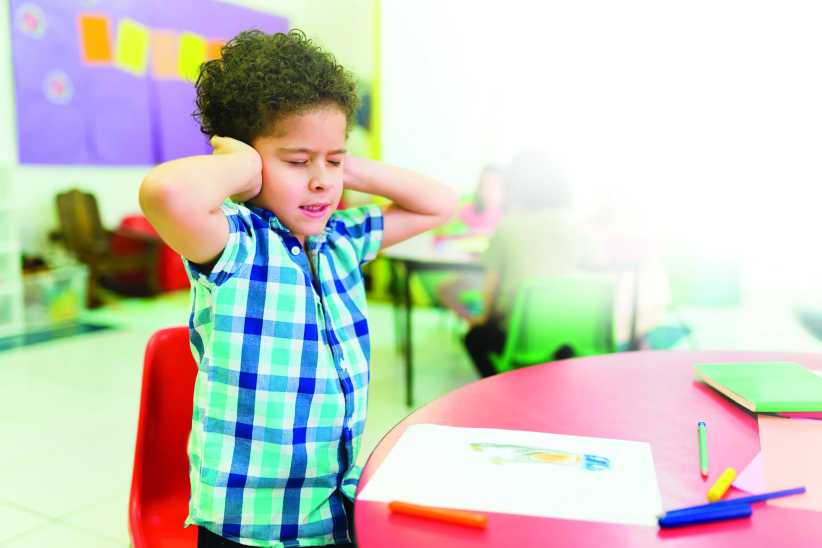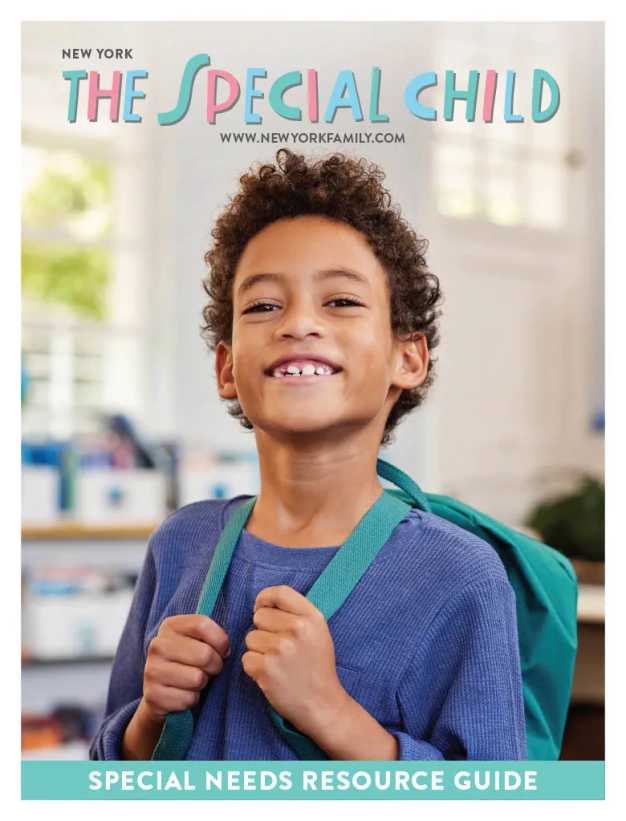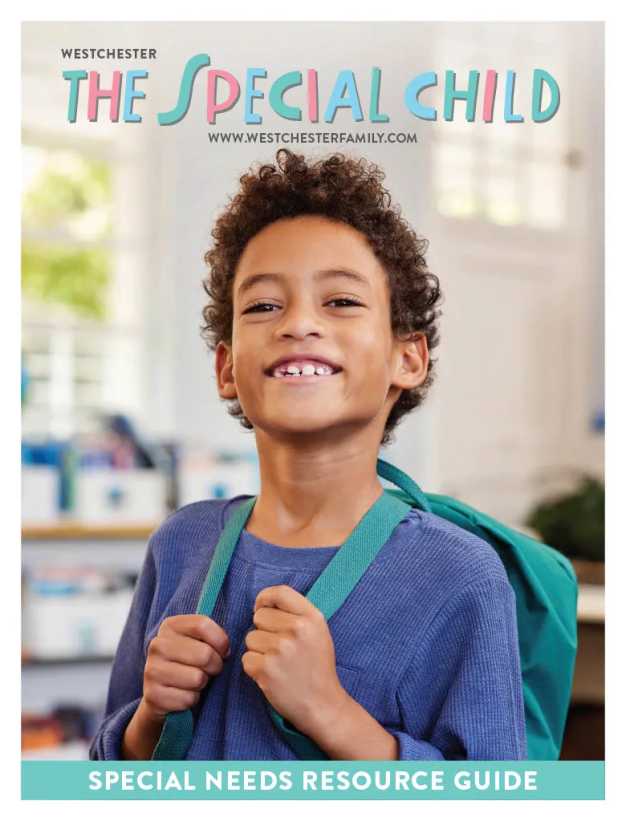Have you taken your child to many programs for help with learning issues without much success? Maybe it’s time you discovered an intervention that is really effective, called educational therapy?
Unlike most other approaches, educational therapy addresses all of your child’s learning needs. It deals with learning disabilities such as dyslexia, dysgraphia (inability to write coherently), and dyscalculia (difficulty in making arithmetical calculations); as well as ADD, and weaknesses in cognitive skills, motor skills, language skills, and many other areas that impact learning.
The educational therapist is a full-time specialist with an advanced degree and training in special education, literacy, reading, psychology, or social work. The therapist usually sees your child in his office, and may also offer consulting in your child’s school, parent training, and conference presentation.
Educational therapy involves the use of many materials and assistive tools (technology that helps people with disabilities lead more independent lives) besides your child’s own textbooks, worksheets, and class notes. It particularly focuses on those that encourage movement, provide strategies, build mastery and competence, are research-based, strengthen mental skills, are highly motivating, and are multi-sensory. These include 3D objects; props; incentives; brain boosters; memory boosters; pacing and behavioral tools; fluency-tracking and progress-tracking tools; time-tracking devices; graphic organizers; assistive technology; learning materials related to sight, sound, hearing, and touch prompts; toys; cues; and games.
The interventions used in educational therapy are designed for your special needs child. They deal with helping him improve his underlying skill areas: social, emotional and behavioral skills; attention and focusing skills; executive-functioning skills; cognitive skills; motor skills; and language skills. Unless addressed, these difficulties make his learning a struggle and impede academic performance.
The interventions are intensive, activity-oriented, individualized, multi-sensory, and specialized. An initial assessment is made to determine your child’s strengths and weaknesses, and the focus is then to help your child close those gaps, gain mastery, improve academic performance, and reach or surpass grade level.
The therapist works with your child to foster positive social, emotional, and behavioral skills that will lead to success in an educational environment. The purpose is to stimulate and motivate him toward his academic goals by providing structure, support, and feedback. This is an individualized process that facilitates goal clarification and achievement. The results are also an improvement in his organization, more self-discipline, less fear of failure, more ability to cope with new or unstructured situations, better time management, and less test anxiety.
Educational therapy works on developing your child’s executive functioning skills, so he will improve his ability to complete tasks, keep track of assignments, and organize and manage his thoughts and materials.
Educational therapy develops your child’s attention and focusing skills. It provides him with strategies he can use to help him concentrate on important information and learning tasks, despite distractions. He can then follow oral and written directions, and improve his academic performance.
Cognitive skills are necessary for analyzing sounds and images, recalling information, making associations between different pieces of information, and maintaining focus on a given task. Educational therapy helps your child with cognitive skills that include sensory functioning, processing and performance, memory skills, and thinking skills.
Educational therapy works on developing, stimulating, enhancing, and integrating your child’s sensory functioning skills. As a result, he increases his ability, speed, and accuracy with detecting information through his visual sense (eyes), auditory (ears), and tactile (hands). The brain must organize all of these sensations for your child to learn. The senses act as pathways to move information to the brain.
Part of the work done in educational therapy is to help your child unlearn any misapprehended information and relearn it correctly so he will store it correctly in his mind. Educational therapy works on developing all the areas of your child’s memory related to learning and academic performance: working memory, short-term memory, long-term memory, auditory memory, visual memory, and tactile memory.
Educational therapy works on developing your child’s thinking skills, so he can perform tasks involving deductive reasoning, analytical thinking, logical thinking, evaluative thinking, critical thinking, and creative thinking.
It also works on building your child’s motor skills for more body awareness, movement awareness, spatial awareness, and better handwriting.
It works on building your child’s ability to understand and use language, which improves his academic performance. It develops language components, such as sounds, word construction, vocabulary-building, word retrieval, language rules, grammatical rules, and word usage. This helps your child with speaking, reading, and writing.
The benefits of educational therapy are numerous: significant improvement of grades, an increase in confidence and self-esteem, reaching highest potential, and the development of strong performance skills. If your child is involved with educational therapy on a regular basis, he will be able to achieve permanent academic success, and reach — and even exceed — grade level.
Melissa Katz is an educational therapist in New Hyde Park, NY. She has been in private practice for more than 15 years. Her more than eight years of academy training includes Orton-Gillingham and Wilson. She does reading therapy, educational therapy, teacher and parent training, conference presentation and consulting in Long Island and throughout the city. She has created and uses the TOP SMARTS approach for educational therapy, and is the author of a number of educational therapy articles. Contact her at tchr543@aol.com. For more information, visit www.mkeducationaltherapy.net.













